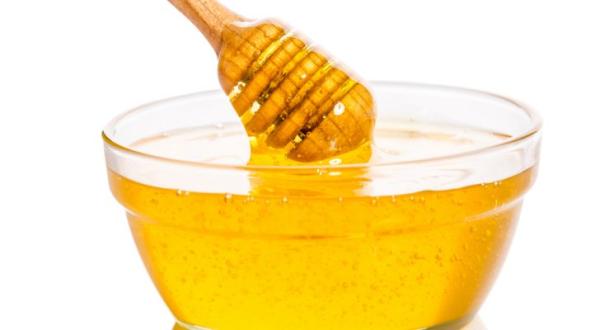
Adulterated honey, meaning it has been diluted with other substances, has been an issue for as far back as honey has been sold.(1) One of the reasons we know so much about the composition of the sweetener is due to efforts from the 1960s on to fight fraud. Today, it is most likely to be mixed with high fructose corn syrup because, as you probably know, that is about the same in fructose.
Consumer fraud happens in lots of areas, we talk about supplements and homeopathy all of the time, but USDA can't fix those.(2) They can, however, get expert guidance on how to detect honey fraud using modern science. And they did, almost a year ago, in a 21-page report by Michael T. Roberts, executive director of the Resnick Program for Food Law and Policy at University of California Los Angeles titled "Recommended Strategies to Address Economic Adulteration in Honey".
Yet it's never been published, which seems strange. Honey is a $327 million industry, according to the Department Of Agriculture’s National Agricultural Statistics Service Annual Honey Report from 2017, which means it is a huge business segment that needs protection from fraud so consumers don't become jaded and legitimate sellers aren't cheated. Beekeepers previously lobbied the Obama administration's FDA to create a legal “standard of identity” for honey but as happened with olive oil, arguably the most faked product in the western world, FDA refused. USDA is, by its job description, more sympathetic to the concerns of legitimate food sellers and consumers. They know people are paying for labels like ‘certified organic’ or ‘USDA Grade A’ from their organization and those labels are meaningless if government has no clue whether the product has been mixed in with something else.
So why is the the National Honey Board, part of USDA, sitting on it? USDA says they are but the author of the reports said at a conference he was told it is not the honey committee but instead the Agricultural Marketing Service division of USDA.
So it is unclear which part of government is even preventing its publication. That makes why they are preventing it even less transparent, especially since the new administration has declared they intend to be more evidence-based than the previous one. One compelling recommendation in the report, which Politico journalists obtained, is the use of Nuclear Magnetic Resonance testing to detect fraud. Will organic honey sellers be okay with science to verify their products? (3) Thin-layer chromatography and mass spectrometric stable carbon isotope ratio analysis have been used in the past but they are not necessarily trustworthy because some of the same compounds in cane sugar, beet sugar or corn syrup are also in pure honey. Corporate media are no help. Food Safety News, founded by a trial lawyer who sues food companies, and politically sympathetic scaremongering groups like Mother Jones even manufactured claims that supermarket honey was not "real" honey because Americans prefer that honey crystallizes less quickly and so had more pollen filtered out. They implicitly suggested that their advertisers, organic groups, were selling the real stuff even though it uses identical diatomaceous earth filters.
None of that was true but it's hard for the mainstream public to know. Government could help by putting out guidelines for volunteer testing. Food groups could then market how much better their product is rather than the decades-long "nocebo" technique of putting what they don't have on labels.
All USDA will say is that that AMS and the National Honey Board were providing "technical corrections" to the draft report. Editing science reports? And here we were told this administration would be a lot different than the previous one.
NOTES:
(1) Around 400 A.D. in written logs. Honey usage much longer. Cave paintings place that at 6,000 B.C.
(2) And the Clinton administration's 1994 DSHEA law made it impossible to regulate them until they kill people.
(3) Many of them have already abandoned that segment because it is hard to produce honey when you can't kill pests using the best scientific methods or you'll lose your organic sticker.



